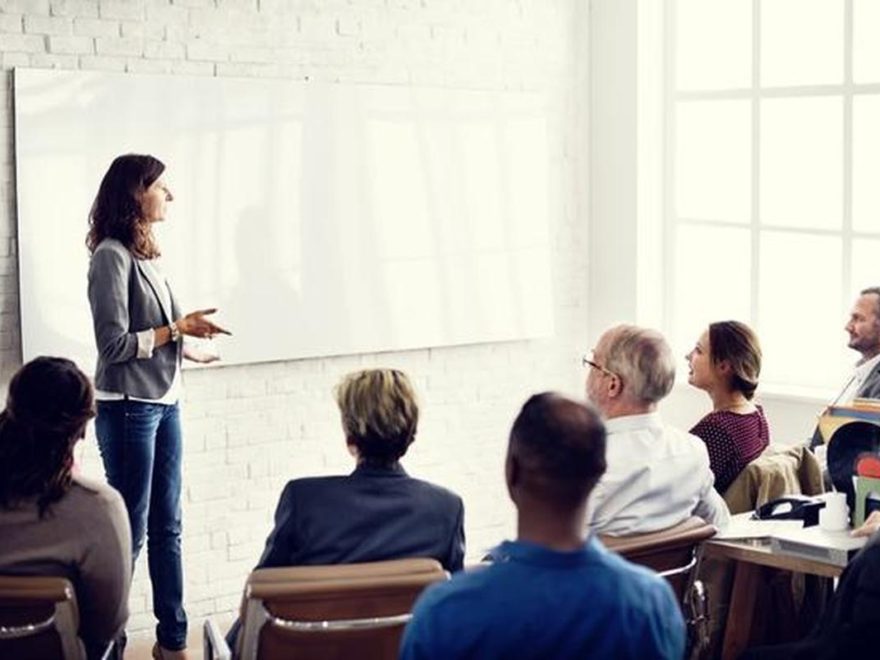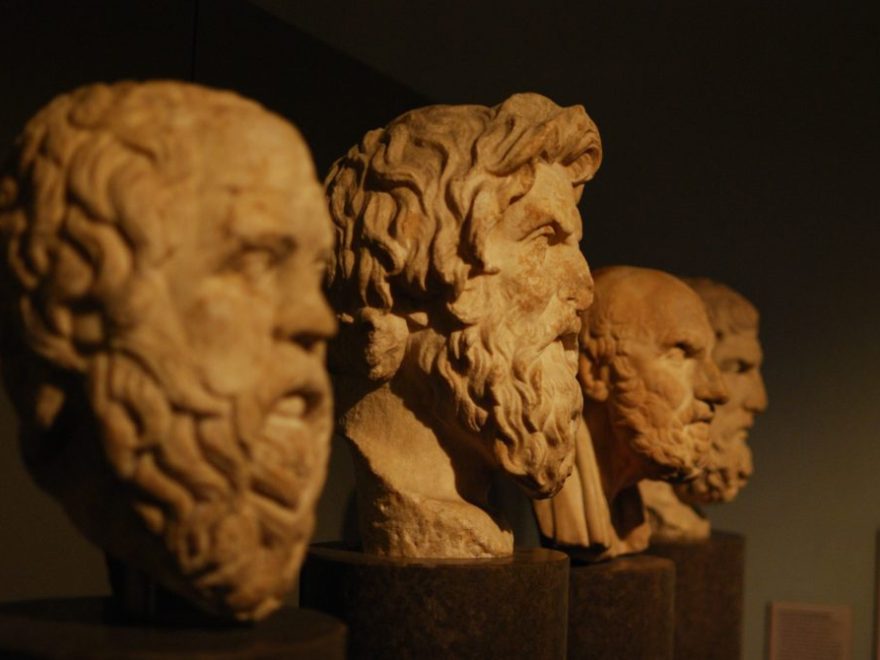Author: Kolby Atchison
-

“Teach Like a Champion” for the Classical Classroom, Part 3: Check for Understanding
It’s happened to every teacher I’ve ever met. You put together a great lesson, one that you are sure will engage the attention of your students and draw them in to explore some new concept or idea. After teaching the lesson and providing opportunities for students to engage, you confidently pass out the exit slip,…
-

“Teach Like a Champion” for the Classical Classroom, Part 2: Teacher-Driven Professional Development
There are two general approaches to professional development in education, one that is supervisor-driven and the other that is teacher-driven. In the supervisor-driven approach, the principal or dean is the primary driver for teacher development. The principal sets the goals, schedules observations, provides feedback, and identifies future growth areas. The strength of this approach is…
-

“Teach Like a Champion” for the Classical Classroom, Part 1: An Introduction
As classical educators look for tools and resources to strengthen their teaching practices, it can often be difficult to know where to turn. While the classical education renewal movement has led to a resurgence in a fresh vision for the purpose of education and even suggestions toward an ideal curriculum, the movement has not always…
-

Teaching Confident Faith in an Age of Religious Uncertainty
Christianity, as a global religion, is at a crossroads. On the one hand, it remains the largest religion in the world: 31% of the world’s population is Christian, and sociologists predict this percentage to increase to 32% by 2060. [1] On the other hand, the religion is experiencing notable decline in the West. In 2010,…
-

The Importance of Courage and Curiosity for School Leaders Today
If you were to make a short list of some of the most important traits for school leaders, what would you include? You might start with confidence. Confidence affords leaders the ability to stay calm under pressure and remain focused on a course of action when the going gets tough. Or perhaps humility comes to…
-

Cultivating a Community: Wisdom for Parents Educating at Home Amidst the Present Crisis
In the last few weeks, life has changed dramatically for families across the globe. For families living in some parts of the United States, the most predictable elements of their busy schedules—the nine-to-five work day, daily school routine, church commitments, soccer practice, piano lessons—have vanished from the calendar. For perhaps the first time since the…
-

Charlotte Mason and the Liberal Arts Tradition, Part 2: Educating the Whole Person
What has Charlotte Mason to do with classical education? In my first blog in this series, I began exploring this question through a close reading of Kevin Clark and Ravi Jain’s The Liberal Arts Tradition: A Philosophy of Christian Classical Education. In this book, Clark and Jain offer a paradigm for understanding classical education as…
-

Charlotte Mason and the Liberal Arts Tradition, Part 1: Mapping a Harmony
“What has Athens to do with Jerusalem?” the church father Tertullian skeptically asked. Tertullian was writing at a time in which church leaders were weighing the pros and cons of mining the Greco-Roman philosophical tradition for insights they could utilize in the development of a distinctively Christian philosophy. Similarly, within the Christian classical school movement,…
-

Charlotte Mason and the Power of Ideas
As Charlotte Mason observed, there is nothing quite like the experience of being struck by an idea. The experience is equivalent to being the recipient of some unexpected treasure. Ideas loosen our grip on holding a thin view of the world. They open our minds, especially through narration, to connections previously gone undetected and stir…
-

True Mastery: The Benefits of Mixed Practice for Learning
“Practice, practice, practice.” This mantra for learning is proclaimed across companies and schools, athletics and the arts. The widely held belief is that the key to mastering a particular skill or gaining new knowledge is relatively straightforward: Practice. Now, to be sure, practice is important, especially if it rises to the threshold of “deliberate practice,”…
